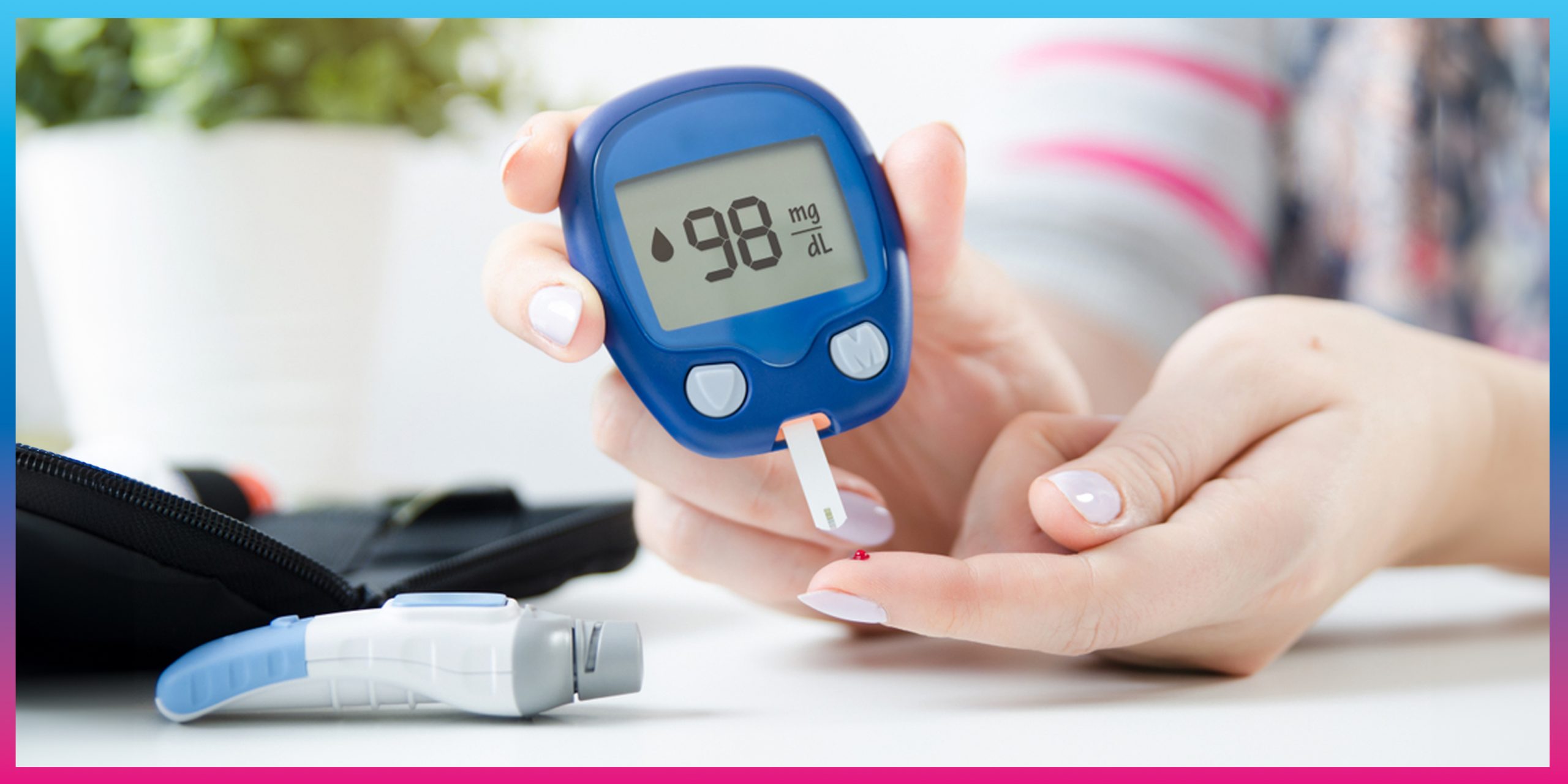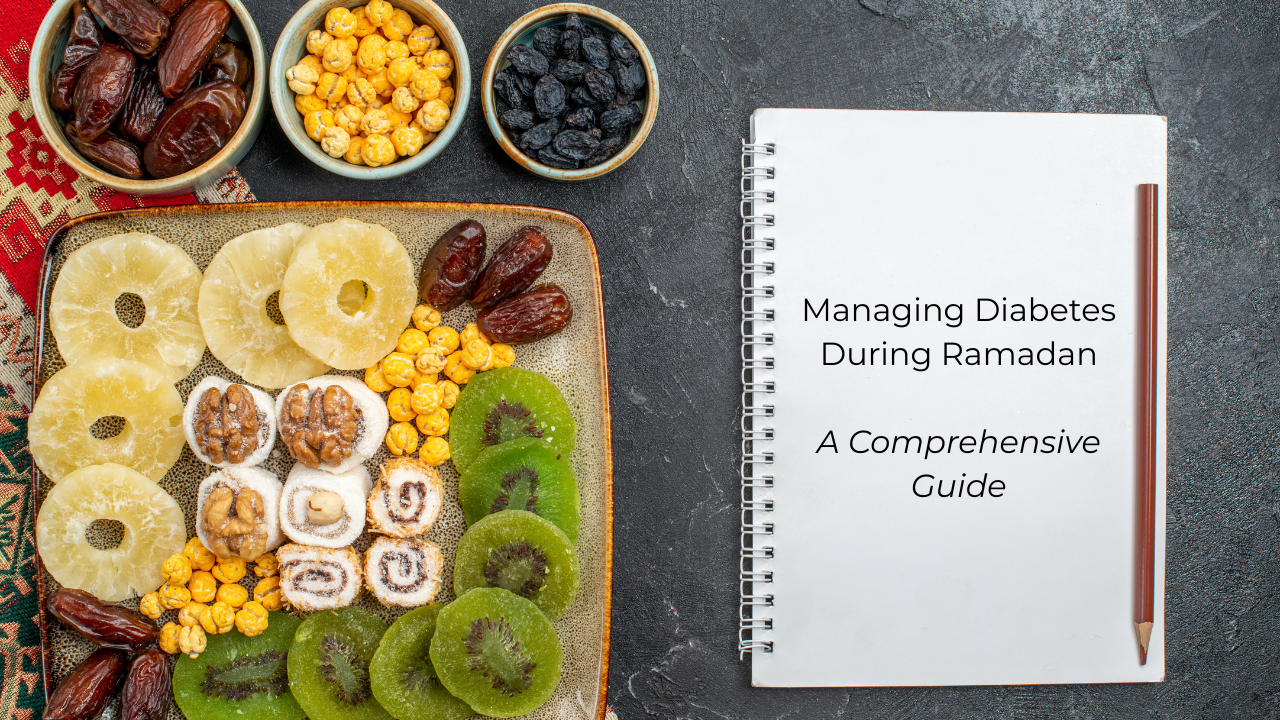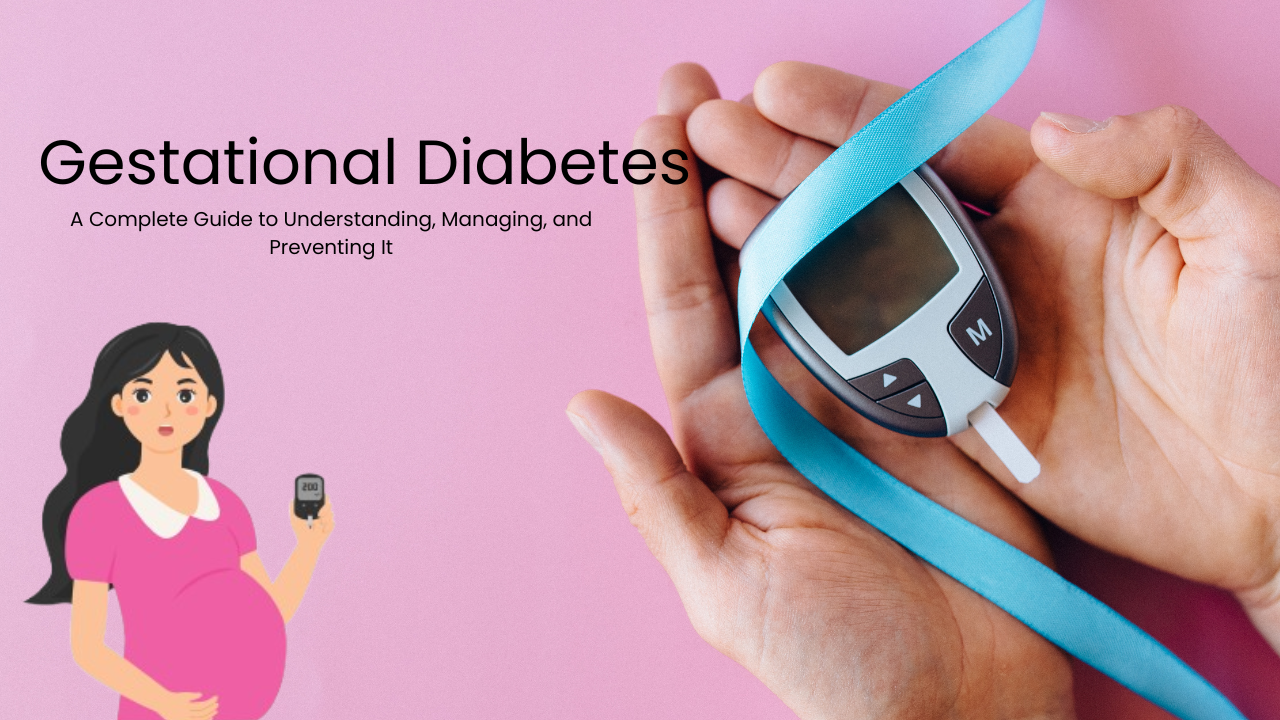Introduction
Living with diabetes involves more than just medication; it requires lifestyle changes and consistent self-care. Dr. Satendra Kumar Multani, a consultant endocrinologist with over 20 years of experience, advocates for a holistic approach to diabetes management. This guide highlights practical steps for integrating holistic methods into daily life, improving health outcomes, and maintaining a balanced life with diabetes.
1. Understanding Diabetes Beyond Medication
Diabetes is a complex condition that affects how your body processes blood sugar (glucose). While medication is often essential for managing diabetes, relying solely on it overlooks many other vital aspects of control, like diet, exercise, and mental health. A holistic approach to diabetes management means taking all of these factors into account.
2. Nutrition and Meal Planning
- Balance Your Plate: Aim for meals that are half non-starchy vegetables, one-quarter lean proteins, and one-quarter whole grains or other carbohydrates. This balance helps regulate blood sugar levels.
- Carbohydrate Counting: Carbs have the most significant effect on blood sugar, so it’s essential to understand how to manage them. Speak with a dietitian or your healthcare provider for personalized advice.
- Choose Complex Carbohydrates: Opt for whole grains, legumes, and vegetables, which release sugar into the bloodstream slowly, preventing spikes.
- Mind Portion Sizes: Keeping an eye on portions can prevent overeating, a common challenge for those managing diabetes.
3. Exercise as Medicine
Exercise is one of the most effective tools for diabetes management, as it helps lower blood sugar levels and boosts insulin sensitivity. Aim for at least 150 minutes of moderate activity per week.
- Aerobic Exercises: Activities like brisk walking, cycling, and swimming help lower blood glucose levels.
- Strength Training: Building muscle improves glucose metabolism and insulin sensitivity.
- Consistency Over Intensity: Start with activities you enjoy to make exercise a regular part of your routine.
4. Stress Management and Mental Health
Stress and mental health play a significant role in diabetes management, as stress can cause blood sugar to spike.
- Mindfulness Practices: Meditation and deep-breathing exercises can help control stress.
- Seek Support: Connecting with others who have diabetes or speaking with a counselor can make a difference.
- Sleep Hygiene: Aim for 7-9 hours of sleep each night, as poor sleep affects insulin resistance.
Conclusion
By addressing these lifestyle areas alongside medication, patients can achieve more balanced blood sugar levels and enjoy better overall health. Dr. Multani believes in empowering patients with knowledge and a holistic approach to living with diabetes, creating a pathway to a healthier, more fulfilled life.





